5 Things You're Doing Wrong with Your Food
You'll never buy bad broccoli or spend precious time cleaning shrimp again (plus, three more cooking tasks to stop doing right now).
By Lynn Andriani
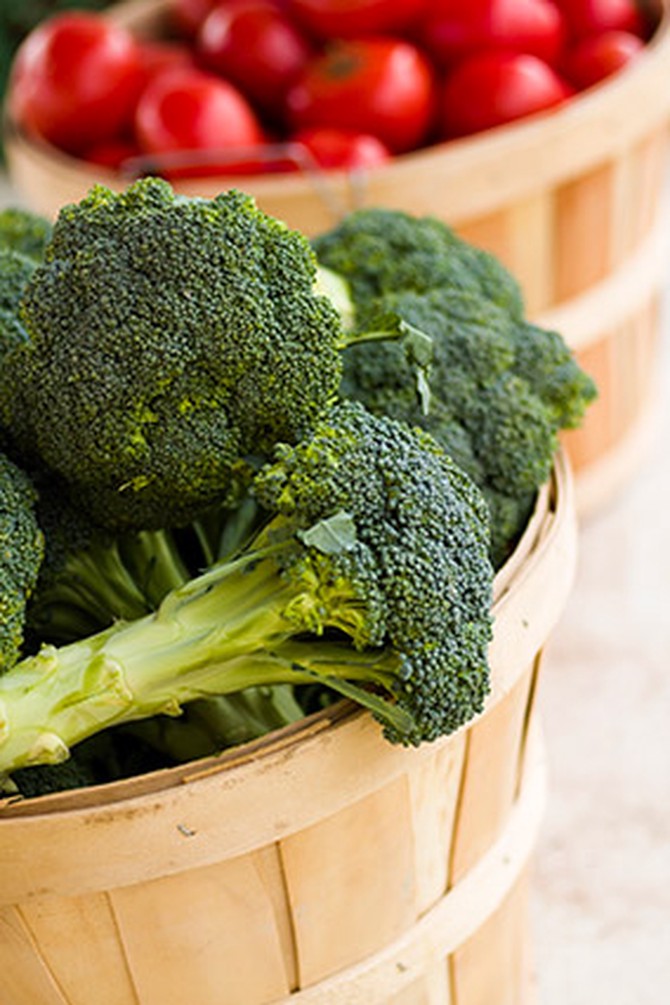
Photos: Thinkstock
Settling for Old Broccoli
Fresh broccoli can be deliciously sweet and crisp. Unfortunately, most of us don't have access to the just-picked stuff; by the time it gets to supermarkets, it can be soft (or worse, limp) and stinky (science backs this up: the vegetable can take on a sharp smell from the sulfur compounds that develop with time). To avoid bad broccoli, buy it on days when it's just been stocked (ask your grocer) and check for these telltale signs of freshness: the florets should be tight, not loose and green, not yellow; the stalks should feel firm and the ends shouldn't look dried out or be starting to brown; and, the entire vegetable should feel heavy for its size. When you get it home, keep it very cold: Although the USDA recommends keeping your fridge at 40 degrees or lower, broccoli does best right above the freezing mark, at 32.5 to 35 degrees (and using the crisper drawer is crucial, since its humid air will prevent the florets and stems from wilting). One final piece of advice: If you're going to cut the broccoli into florets for snacking, store them in the fridge wrapped loosely in plastic, since they dry out quickly.
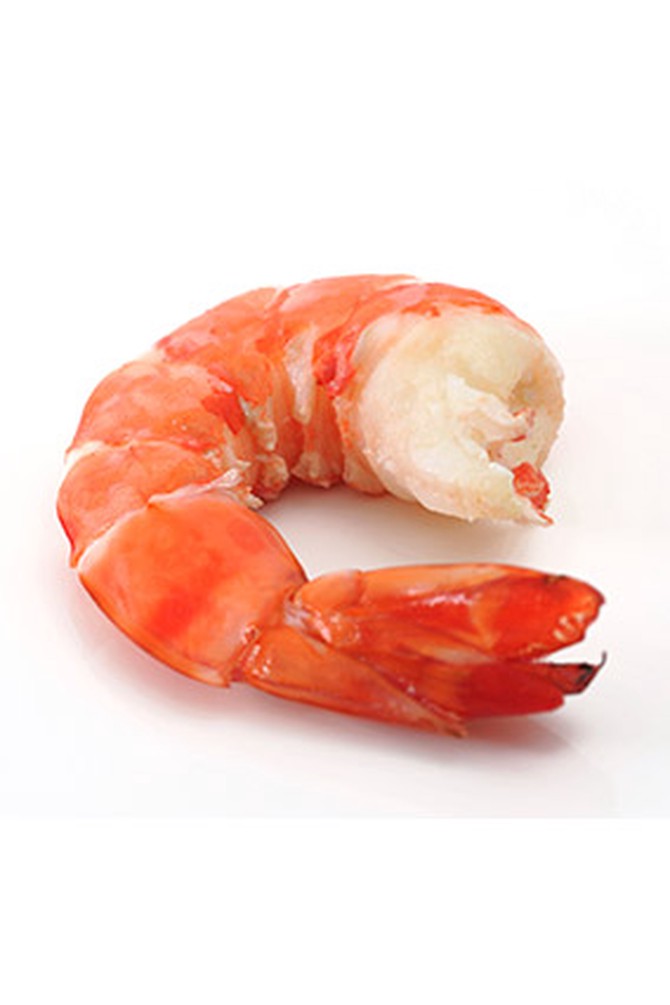
Photos: Thinkstock
Always Deveining Shrimp
Though shrimp cook quickly, preparing them—peeling off the shells, making small slits up the back to pull out the veins—can take awhile. So we were thrilled when cookbook author Cree LeFavour, whose latest is Fish: 54 Seafood Feasts, told us she sometimes skips the deveining step. LeFavour does take out the dark veins from larger shrimp (since they aren't pretty and can impart a muddy flavor, depending on what the shrimp's last meal was) but, she says, if you're cooking smaller shrimp, it's not essential to devein (since the veins are usually flavorless)—unless you actually see a dark one. It comes down to a matter of preference, says the Louisiana Seafood Board.
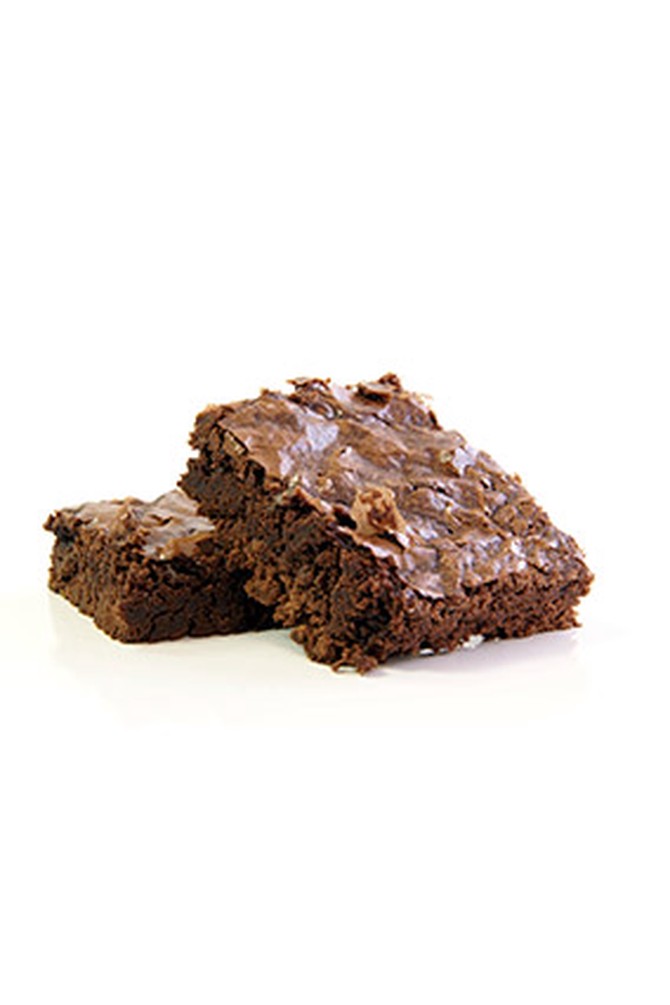
Photos: Thinkstock
Underbaking—or Overbaking—Baked Goods
Chefs Yotam Ottolenghi and Sami Tamimi, authors of the new book Ottolenghi: The Cookbook, are aware that there are many variables in baking—but the thing they notice trips people up most often are baking times. Home cooks tend to underbake breads and to overbake chocolate cakes and brownies, say Ottolenghi and Tamimi. Aside from learning from practice (the more you bake, the more you'll be able to recognize a just-done triple-fudge brownie), a couple of tricks to try: Tap the bottom of a loaf pan to see if bread is ready; it should sound hollow. For brownies, baking teacher Alice Medrich always uses a wooden toothpick or skewer to test for doneness, because batter and crumbs tend not to stick to metal cake testers.
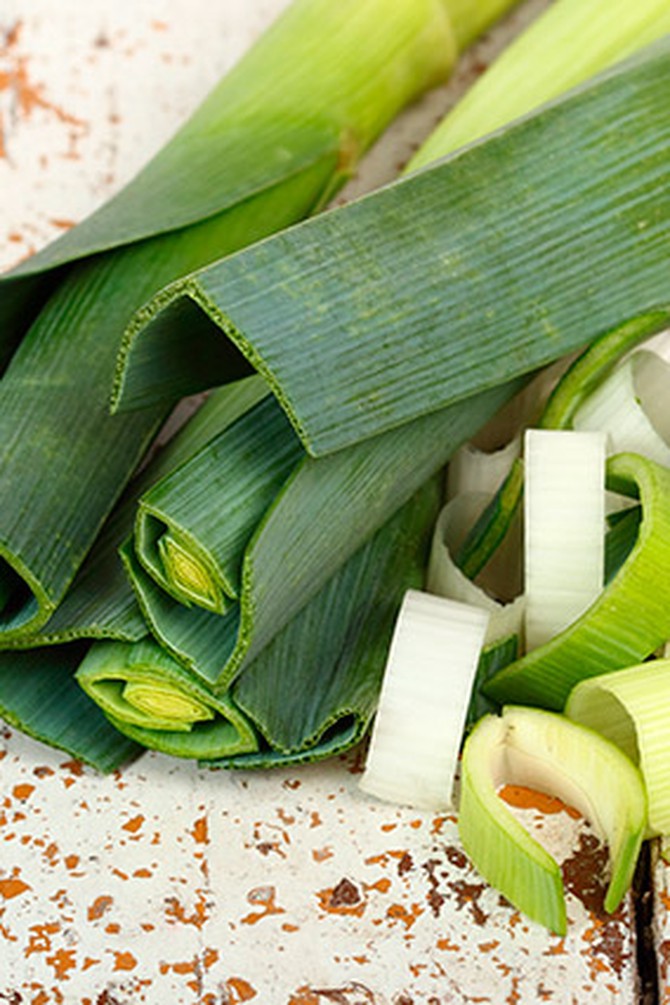
Photos: Thinkstock
Throwing Out Leek Greens
We love the delicate flavor leeks bring to everything from gratins to party dips—but we have to admit, we never know what to do with the leftover greens (most recipes just call for the white and pale-green parts). To the rescue is Tara Duggan, author of Root-to-Stalk Cooking: The Art of Using the Whole Vegetable. She says leek greens work wonderfully in stir-fries, cut diagonally into 1/2-inch thick strips, with pork belly (or you could use bacon); their chive-like flavor is a sharp counterpoint to the mellow, smoked meat. You can also sauté them or use them in stock.
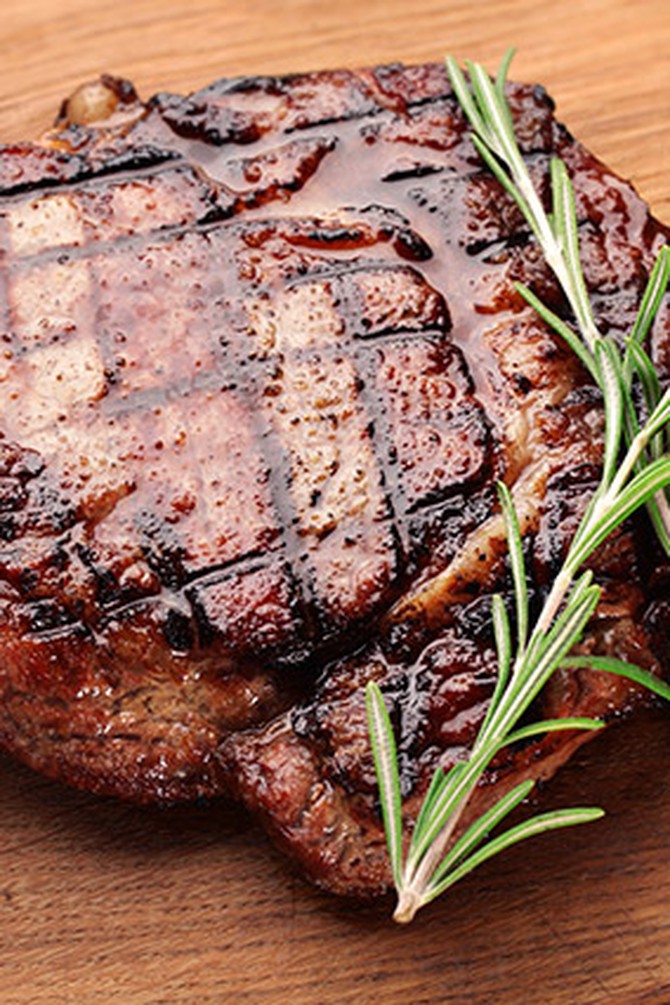
Photos: Thinkstock
Pre-Marinating Meat
While we aren't ready to tear up our marinade recipes and toss them into the flames quite yet, we're definitely taken with the notion that soaking meat—whether it's a steak, ribs or chicken—in some combination of oil and acid is not always necessary. As food writer and cookbook author John Willoughby explains in a recent New York Times article, there are reasons to hold off on the rosemary-spiked lemon juice and olive oil. First, Willoughby says, a marinade doesn't effectively tenderize food. (The exception: dairy-based marinades—their calcium triggers enzymes in meat that break down proteins, says food science expert Shirley Corriher). It also imparts a muted (read: ho-hum) flavor. Instead, try grilling your meat and then adding vinegar or lemon juice, oil and herbs for distinct flavors that aren't the least bit muddled.
Next: Which kitchen gadgets are worth the money?
Next: Which kitchen gadgets are worth the money?
Published 09/14/2013

